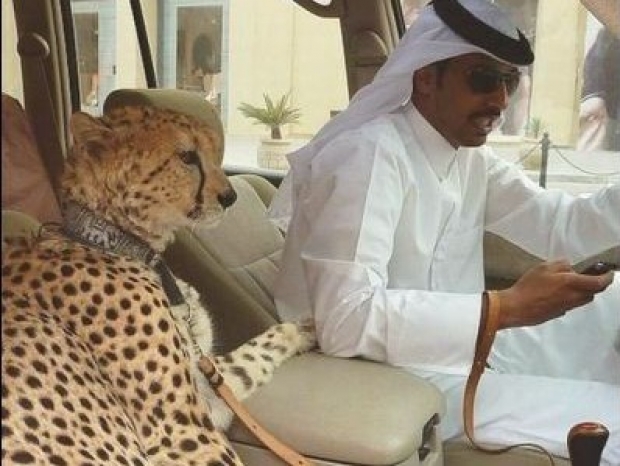Lucid said the investment from Saudi Arabia's sovereign wealth fund announced Monday would allow it to finish engineering on its first car, the Lucid Air, as well as build a factory in Casa Grande, Arizona, and begin to sell the car by 2020.
This is bad news for Tesla which takes a huge amount of cash from Saudi Arabia. Last month, Tesla CEO Elon Musk disclosed that the Saudis had taken nearly a five percent stake in his electric car company. Musk said that the Saudis had been urging him for almost two years to take Tesla private, offering to provide funds necessary to do so.
Saudi Arabia is investing in electric vehicles to diversify away from its oil dependence.
Lucid's Chief Technology Officer, Peter Rawlinson, was formerly a vice president and chief vehicle engineer at Tesla. He helped design the Model S, the company's breakthrough car. He left Tesla in 2012.
Rawlinson said the Lucid Air would have luxury features that the Model S lacks. He said it would have more interior space and back seats that recline to 55 degrees.
"I believe that no one has truly yet exploited the full benefits of electrification," he said on Quest Means Business on CNN. "It gives so much space for more comfort and luxury."
The Lucid Air's performance is expected to be comparable, if not superior, to the Tesla Model S.
Lucid's website says it will have a range of more than 400 miles on a single charge, compared to 335 miles for the longest-range Model S. It will also go more than 200 mph and accelerate from 0 to 60 mph in only 2.5 seconds, just behind the 2.28 second record set by a Model S. The Lucid Air was first debuted to the public at the New York auto show in 2017.
The company has yet to break ground on the Arizona factory. It not disclosed the cost of the factory. It expects about a $60,000 starting price for the Air, though options will easily take it above $100,000, said Derek Jenkins, the company's vice president of design. And he said it anticipates after the initial ramp up period, the company will be able to build and sell about 40,000 cars worldwide.

